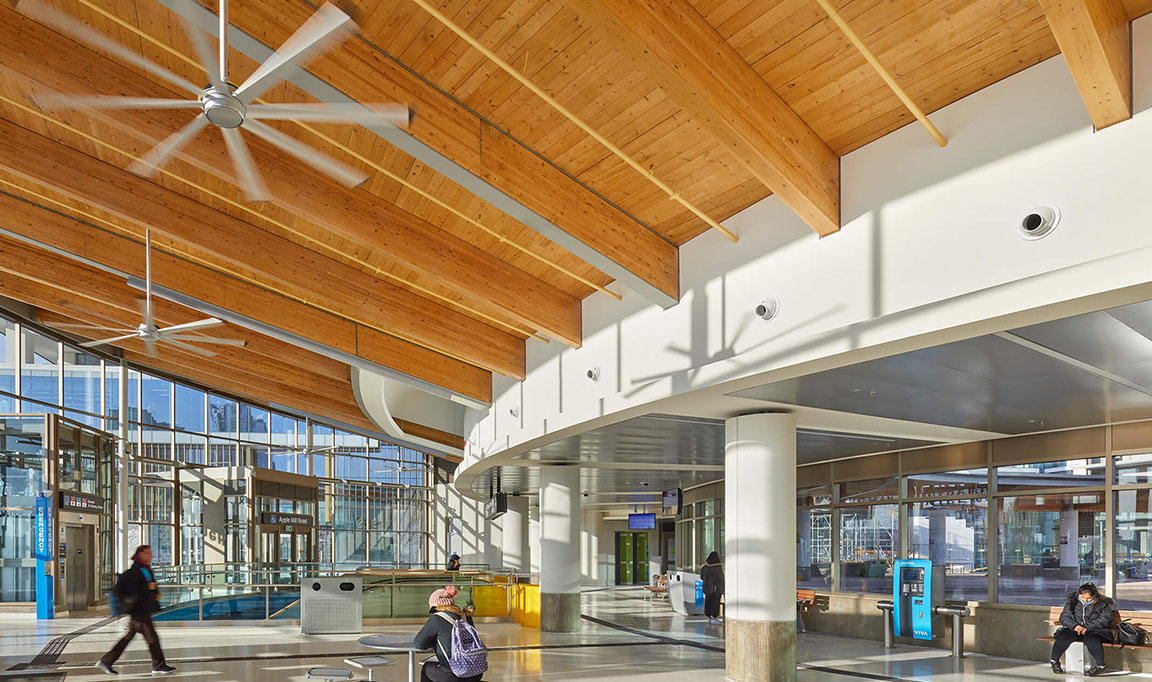After the provincial rent freeze (because of the pandemic) in 2021, Ontario renters may soon be paying more for their accommodations after the province hiked its rent increase guidelines for 2022 at 1.2%.
The guideline is the maximum a landlord can increase a tenants’ rent during a year without the approval of the Landlord and Tenant Board.
This change comes after the province froze rental increases in 2020 to help Ontarians with the challenges of the COVID-19 pandemic. That freeze ended on Dec. 21, 2021 and luckily for landlords it, was not renewed.
As of Jan. 1, landlords in Ontario once again have the ability to raise rents.
Here’s Everything You Need to Know about Raising Your Rent in 2022
The following information is taken from the recent article on the topic published by CTV News:
Will my rent automatically increase?
No, rent increases are not automatic. A landlord must give tenants written notice using an N1 form in order to legally raise a tenant’s rent.
Does the landlord have to give the renters notice ahead of the rent increase?
Yes, landlords are required to give tenants a 90 days notice before the rent increase takes into effect. This notice is given by way of the N1 form.
How much can a landlord raise the rent?
Without filing for an above-guideline rental increase, a landlord can raise a tenant’s rent by 1.2% of the current price at the most as per this years Ontario Rent Increase guideline 2022. (This guideline may be different depending on the year)
When can my landlord raise the rent?
In most cases, a landlord must wait 12 months after either a tenant has moved in or since the last rental increase to raise rent. This is important to take note of in both cases if the tenant is on a fixed one year lease or on a month-to-month lease term.
Are there any exceptions to maximum allowable rent increases?
Yes.
A landlord may make an application to the Landlord-Tenant Board (LTB) in order to increase rent by more than 1.2%. This must be approved by the LTB before notice is given to the tenant.
Please note, it is important to understand that the 1.2% guideline does not apply to buildings occupied for the first time after Nov. 15, 2018, social housing units, long-term care homes or commercial property.
Units occupied after November 15, 2018 are exempt from the rules that limit rent increases to the guideline amount. Landlords of these units must still serve a notice of rent increase 90 days in advance with a Landlord and Tenant Board approved form and they can only increase the rent once every 12 months, but there is no limit on the amount of the rent increase.
Can the landlord apply for an above-guideline rental increase?
According to Ontarios’s Ministry of Municipal Affairs and Housing, in most cases, the rent increase cannot be more than the rent increase guideline.
However, a landlord can apply for an increase in rent above the guideline in certain circumstances to recover expenses that are not taken into account in calculating the guideline, such as if there has been a significant increase in municipal taxes, the landlord has undergone significant capital expenses (e.g. renovations, repairs, replacements to the unit) or the landlord has experienced operating costs related to security services.
Here is a complete list of reasons that a landlord may apply for an above-guideline rental increase.
How are yearly maximum allowable rent increases calculated?
The Ontario government calculates maximum rental guideline increases using the Ontario Consumer Price Index — a tool that measures inflation and economic conditions over a year.
According to the ministry, data from June to May is used to determine the guideline for the following year.
Here are additional sources to refer to more information:
Tribunals Ontario and Settlement.org
Did you know Toronto Condo Investments also helps our clients with leasing services? Learn more about services here or contact us for a FREE consultation.




